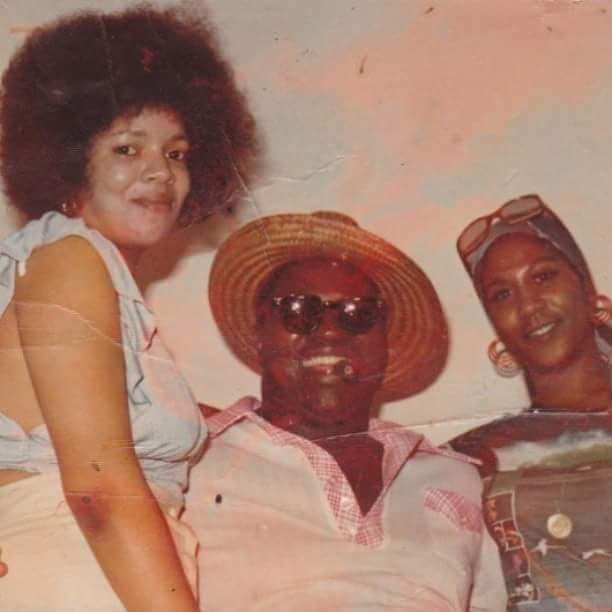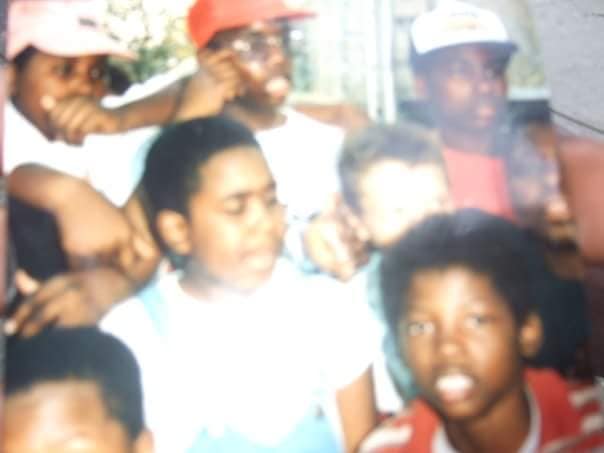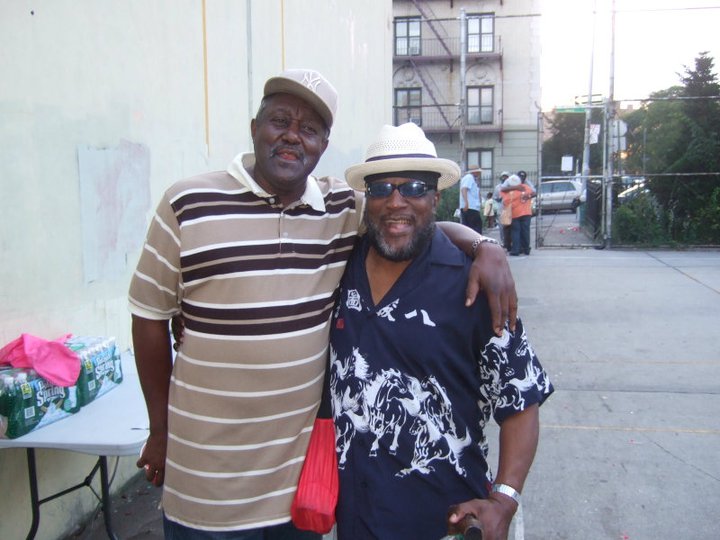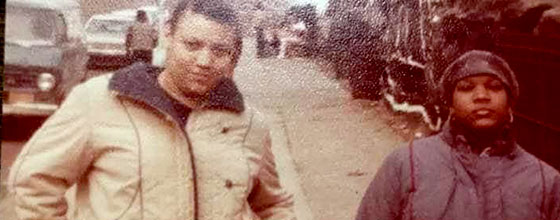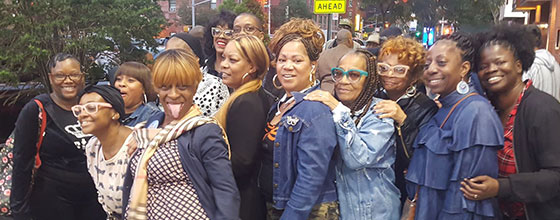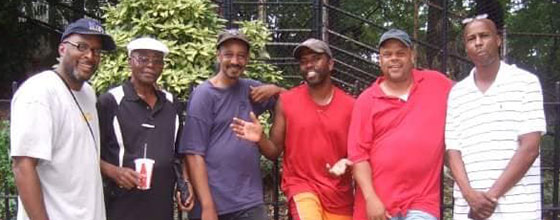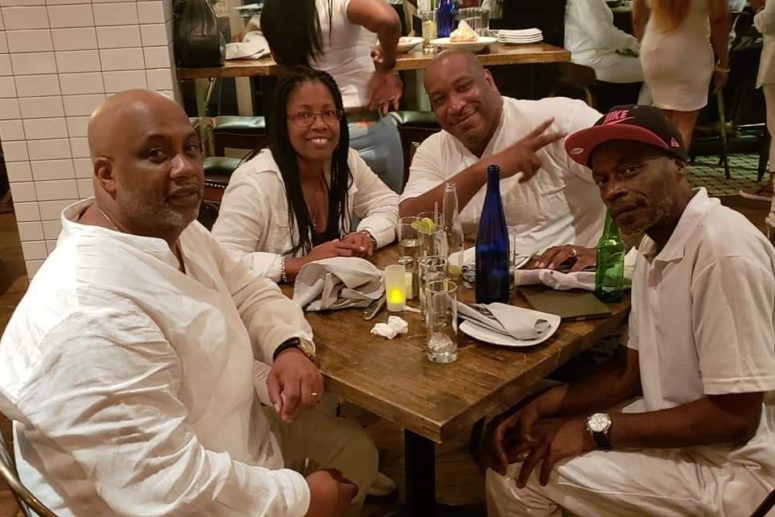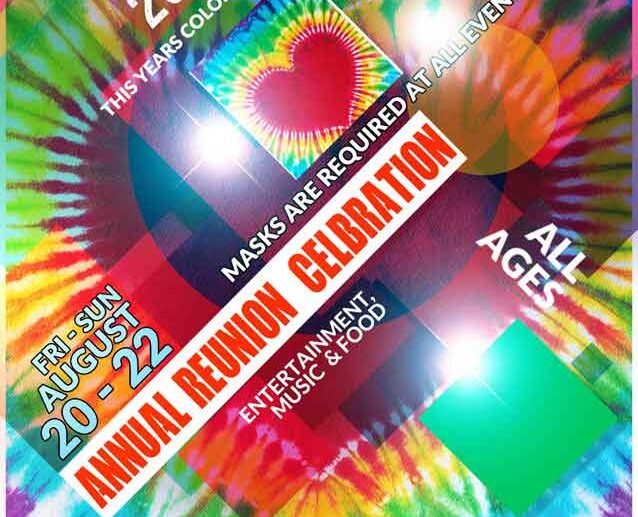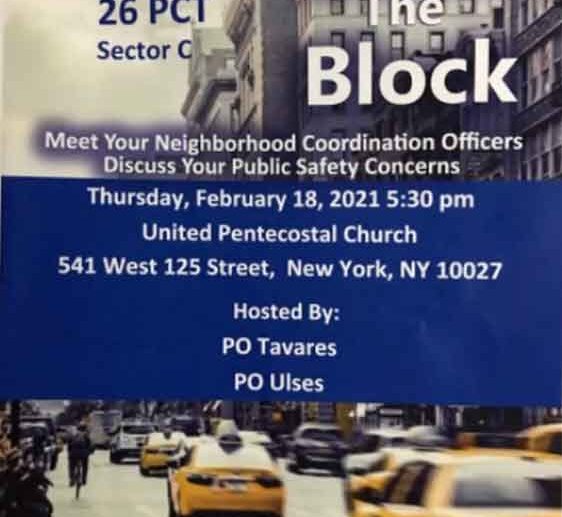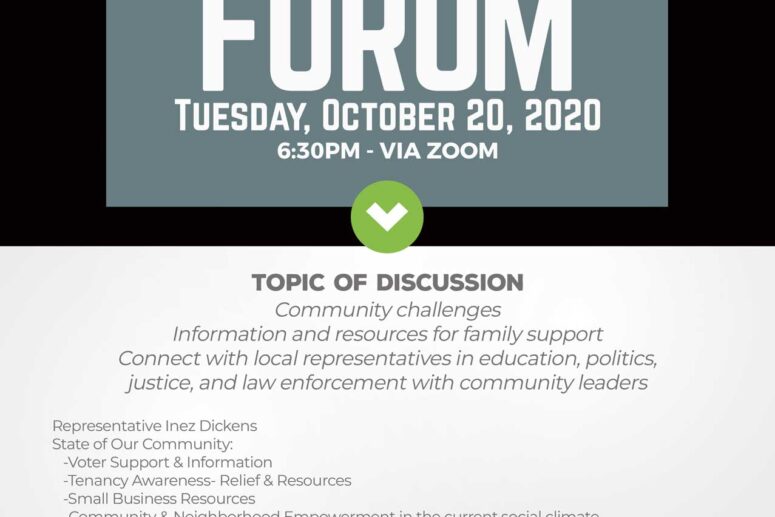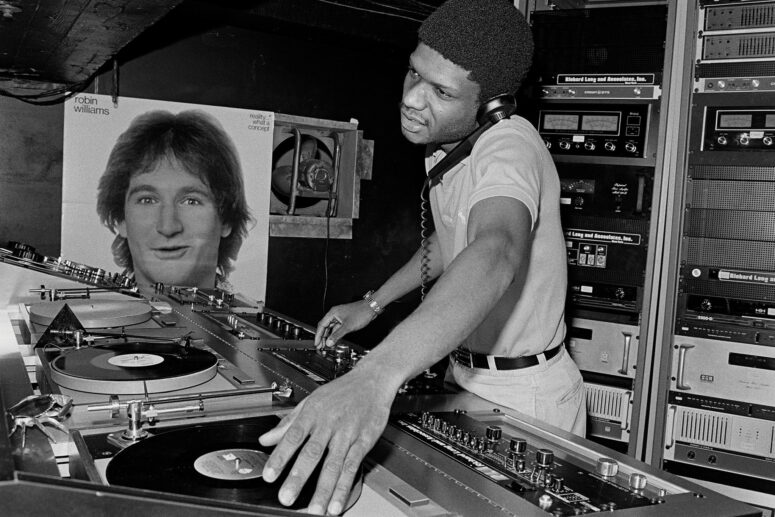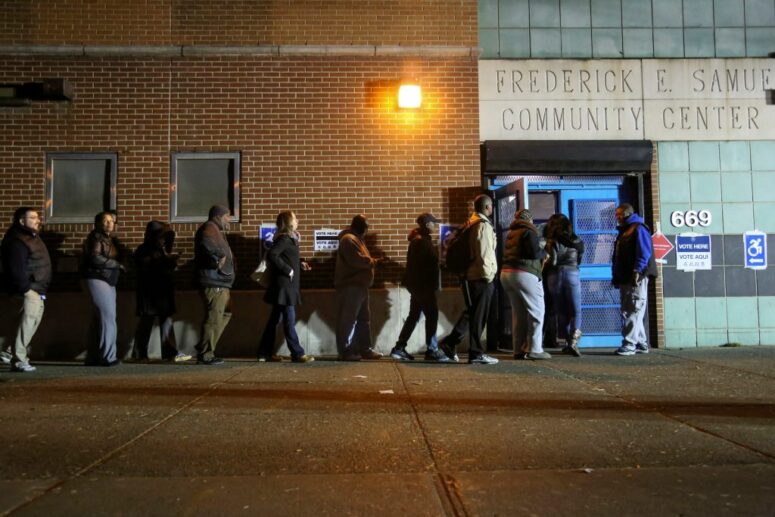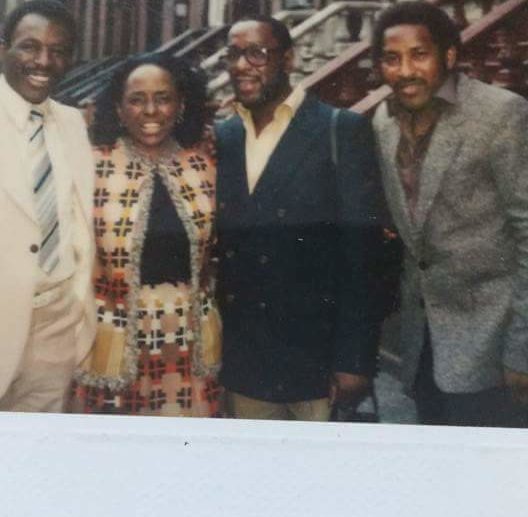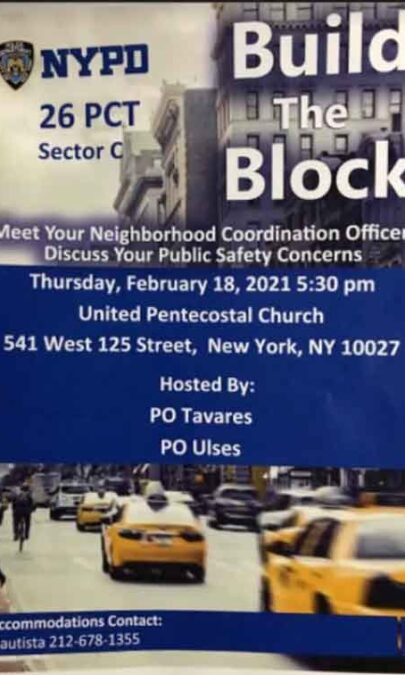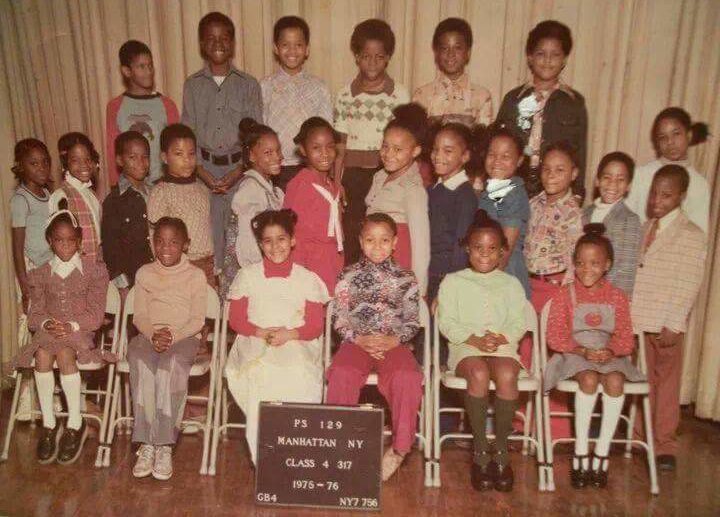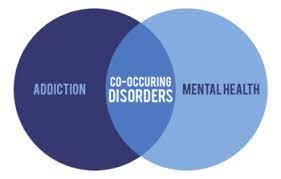
A substance use disorder (SUD) is a mental disorder that affects a person’s brain and behavior, leading to a person’s inability to control their use of substances such as legal or illegal drugs, alcohol, or medications. Symptoms can range from moderate to severe, with addiction being the most severe form of SUDs.
Researchers have found that about half of individuals who experience a SUD during their lives will also experience a co-occurring mental disorder and vice versa. Co-occurring disorders can include anxiety disorders, depression, attention-deficit hyperactivity disorder (ADHD), bipolar disorder, personality disorders, and schizophrenia, among others. For more information, please see the National Institute on Drug Abuse (NIDA)’s Common Comorbidities with Substance Use Disorders Research Report.
While SUDs and other mental disorders commonly co-occur, that does not mean that one caused the other. Research suggests three possibilities that could explain why SUDs and other mental disorders may occur together:
- Common risk factors can contribute to both SUDs and other mental disorders. Both SUDs and other mental disorders can run in families, suggesting that certain genes may be a risk factor. Environmental factors, such as stress or trauma, can cause genetic changes that are passed down through generations and may contribute to the development of a mental disorder or a substance use disorder.
- Mental disorders can contribute to substance use and SUDs. Studies found that people with a mental disorder, such as anxiety, depression, or post-traumatic stress disorder (PTSD), may use drugs or alcohol as a form of self-medication. However, although some drugs may temporarily help with some symptoms of mental disorders, they may make the symptoms worse over time. Additionally, brain changes in people with mental disorders may enhance the rewarding effects of substances, making it more likely they will continue to use the substance.
- Substance use and SUDs can contribute to the development of other mental disorders. Substance use may trigger changes in brain structure and function that make a person more likely to develop a mental disorder.
Diagnosis and Treatment
Generally, it is better to treat the SUD and the co-occurring mental disorders together rather than separately. Thus, people seeking help for a SUD and other mental disorders need to be evaluated by a health care provider for each disorder. Because it can be challenging to make an accurate diagnosis due to overlapping symptoms, the provider should use comprehensive assessment tools to reduce the chance of a missed diagnosis and provide targeted treatment.
It also is essential that treatment, which may include behavioral therapies and medications, be tailored to an individual’s specific combination of disorders and symptoms, the person’s age, the misused substance, and the specific mental disorder(s). Talk to your health care provider to determine what treatment may be best for you and give the treatment time to work.
Behavioral Therapies
Research has found several behavioral therapies that have promise for treating individuals with co-occurring substance use and mental disorders. Health care providers may recommend behavioral therapies alone or in combination with medications.
Some examples of effective behavioral therapies for adults with SUDs and different co-occurring mental disorders include the following:
- Cognitive Behavioral Therapy (CBT): CBT is a type of talk therapy aimed at helping people learn how to cope with difficult situations by challenging irrational thoughts and changing behaviors.
- Dialectical Behavior Therapy (DBT): DBT uses concepts of mindfulness and acceptance or being aware of and attentive to the current situation and emotional state. DBT also teaches skills that can help control intense emotions, reduce self-destructive behaviors (e.g., suicide attempts, thoughts, or urges; self-harm; and drug use), and improve relationships.
- Assertive Community Treatment (ACT): This is a form of community-based mental health care that emphasizes outreach to the community and an individualized treatment approach.
- Therapeutic Communities (TC): TCs are a common form of long-term residential treatment that focuses on helping people develop new and healthier values, attitudes, and behaviors.
- Contingency Management (CM): CM principles encourage healthy behaviors by offering vouchers or rewards for desired behaviors.
Behavioral Therapies for Children and Adolescents
Some effective behavioral treatments for children and adolescents include:
- Brief Strategic Family Therapy (BSFT): BSFT therapy targets family interactions thought to maintain or worsen adolescent SUDs and other co-occurring problem behaviors.
- Multidimensional Family Therapy (MDFT): MDFT works with the whole family to simultaneously address multiple and interacting adolescent problem behaviors, such as substance use, mental disorders, school problems, delinquency, and others.
- Multisystemic Therapy (MST): MST targets key factors associated with serious antisocial behavior in children and adolescents with SUDs.
Medications
Effective medications exist for treating opioid, alcohol, and nicotine addiction and lessening the symptoms of many other mental disorders. Some medications may be useful in treating multiple disorders. For more information on behavioral treatments and medications for SUDs, visit NIDA’s Drug Facts and Treatment pages and treatment for mental disorders at the National Institute of Mental Health’s (NIMH) Health Topics page.
https://www.nimh.nih.gov/health/topics/substance-use-and-mental-health
Our Next Activity
Da Hill Reunion 2021
Voter Registration NY State
Voter Registration NY State Election date General election – Nov 3 Registration deadline Oct 9 Absentee voter deadlines Application by mail – Oct 27 Application in person – Nov 2 Submission by mail – Nov 2 Submission in person – Nov 2 Early voting Begins – Oct 24 Ends – Nov 1 https://portal.311.nyc.gov/article/?kanumber=KA-03252
Voting Information
Online Elections must be done by October 9th
Mail in voting deadline 10/9/2020
Absentee ballot deadline must be post marked by Nov 3
Early voting
Oct 24- Nov 1
Date of election 11/3/2020
Board of election
32 Broadway , 7th Floor
New York, NY 10004
212-487-5400
Email: electioninfo@boe.nyc.ny.us
Office hours 9am- 5pm
website(s). To check if your a registered vote and find where you can vote:
Da Hill Reunion Video
Greetings Fam! Welcome to Da Hill Reunion 2020. This year we have formatted Da Hill Reunion to conform to the current times.
Sit back and enjoy!
Voices of the Hill
There is a sound Da Hill makes, it is low and full of color, vibrant and bold. The sense of family fills the as soon as you turn up St. Nicholas Ave. and 127th Street traveling west. You can feel the energy and the love but only if you come in peace. Da Hill is also know as (aka) the Wild Wild West, made popular by our resident own Kool Mo Dee.
More…
Our Mission
Our Mission is to lovingly lead family and friends from Da Hill, back to Da Hill. To reunite, reconnect, and reclaim our love for Da Hill. To encourage all to be confirmed, committed, and contributing supporters of Da Hill.
More…
Our Vision
To be a community that fosters the growth of our children, respects the diversity and humanity of residents and non-residents, and looks towards our elders for the resilience and strength to move forward in power.
More…
Myrna Ruth speaks…
We are very fortunate to have several Matriarchal figures in our neighborhood. Ms. Myrna Ruth is just one…
School Year 2020-2021 In New York City
This fall, your child’s school plans to offer blended learning, a mix of in-person days at school and remote-learning days at home. The default for all students is to participate in their schools’ blended learning schedules.
- Learn more about blended learning and the 2020-2021 school year on our Return to School 2020 web pages.
- Your school will keep you informed of its specific learning model and your child’s schedule. If you have questions about your school’s model or schedule, please reach out to the school directly.
Voices from Da Hill
There is a sound Da Hill makes, it is low and full of color, vibrant and bold. The sense of family fills the as soon as you turn up St. Nicholas Ave. and 127th Street traveling west. You can feel the energy and the love but only if you come in peace. Da Hill is also know as (aka) the Wild Wild West, made popular by our resident own Kool Mo Dee. More…
Da Hill Reunion © Copyright 2020 All Rights Reserved --- designed by Moor Graphix

